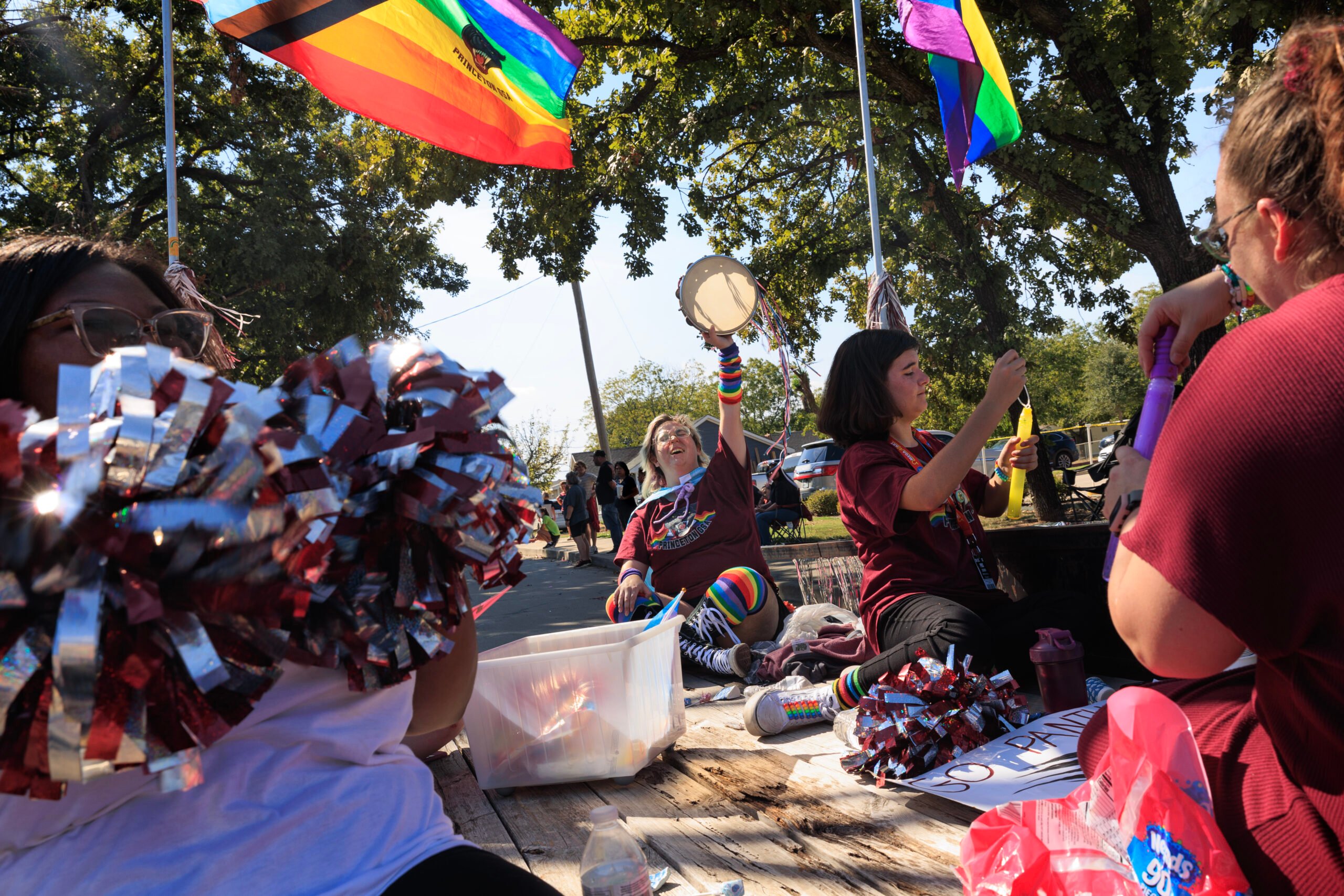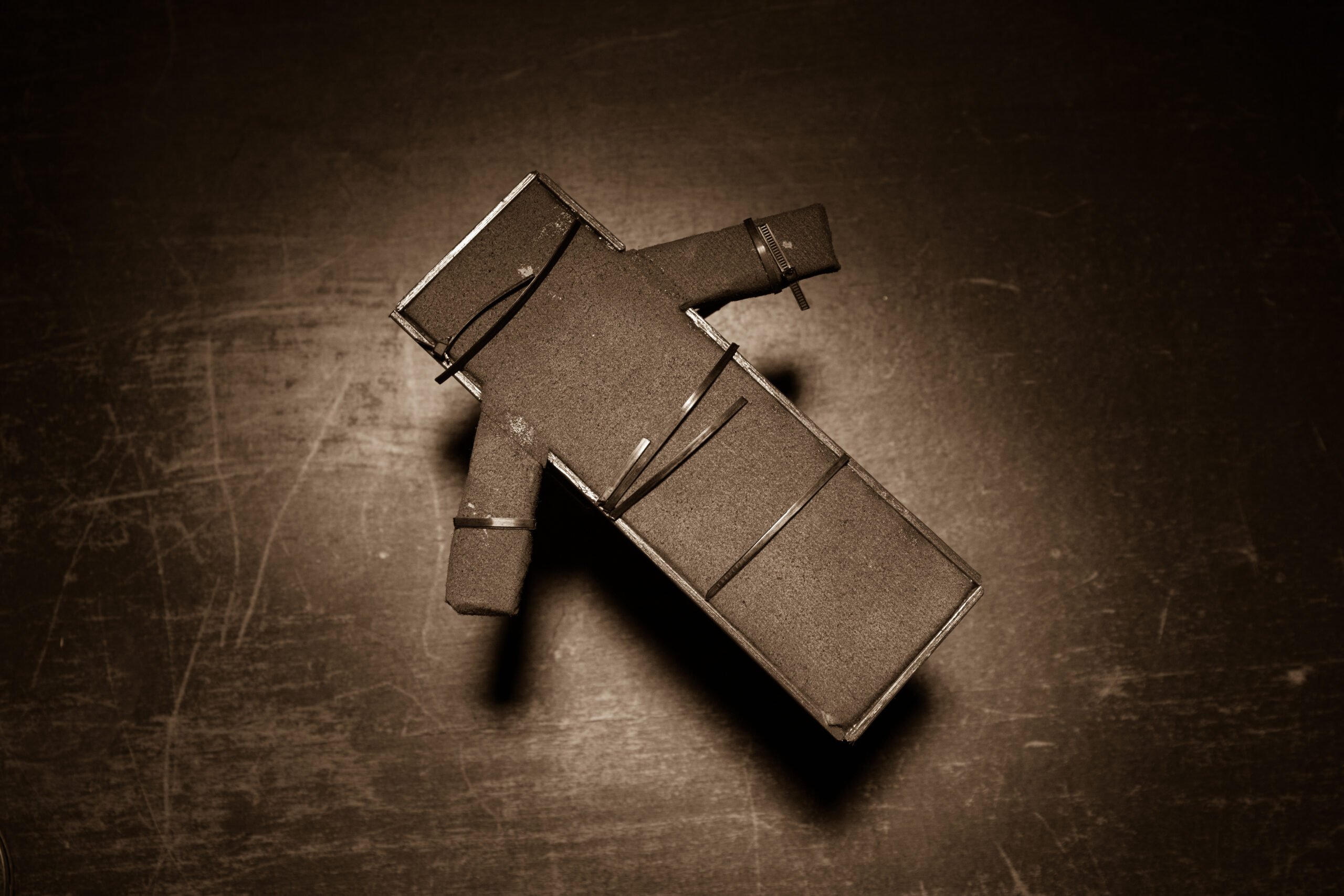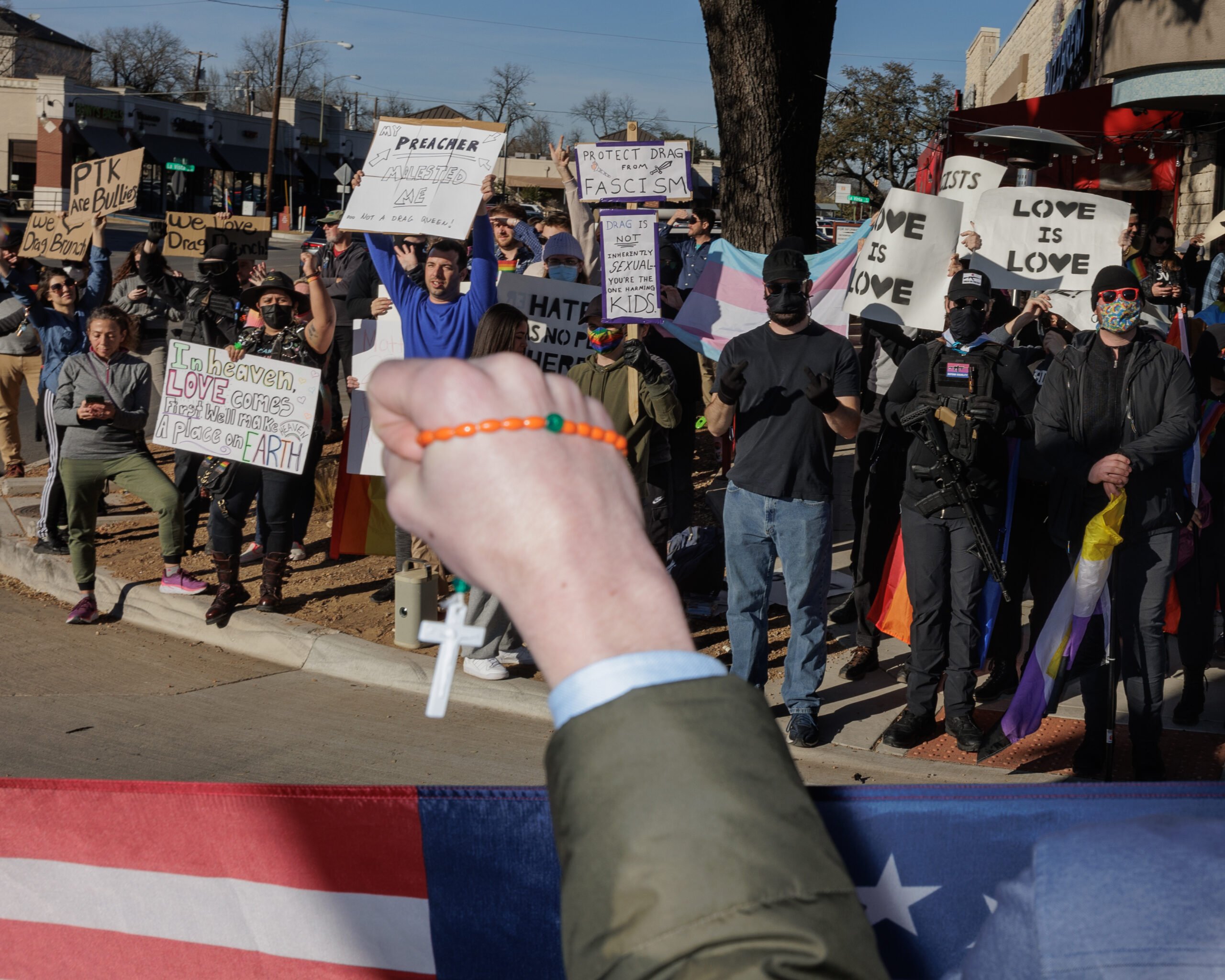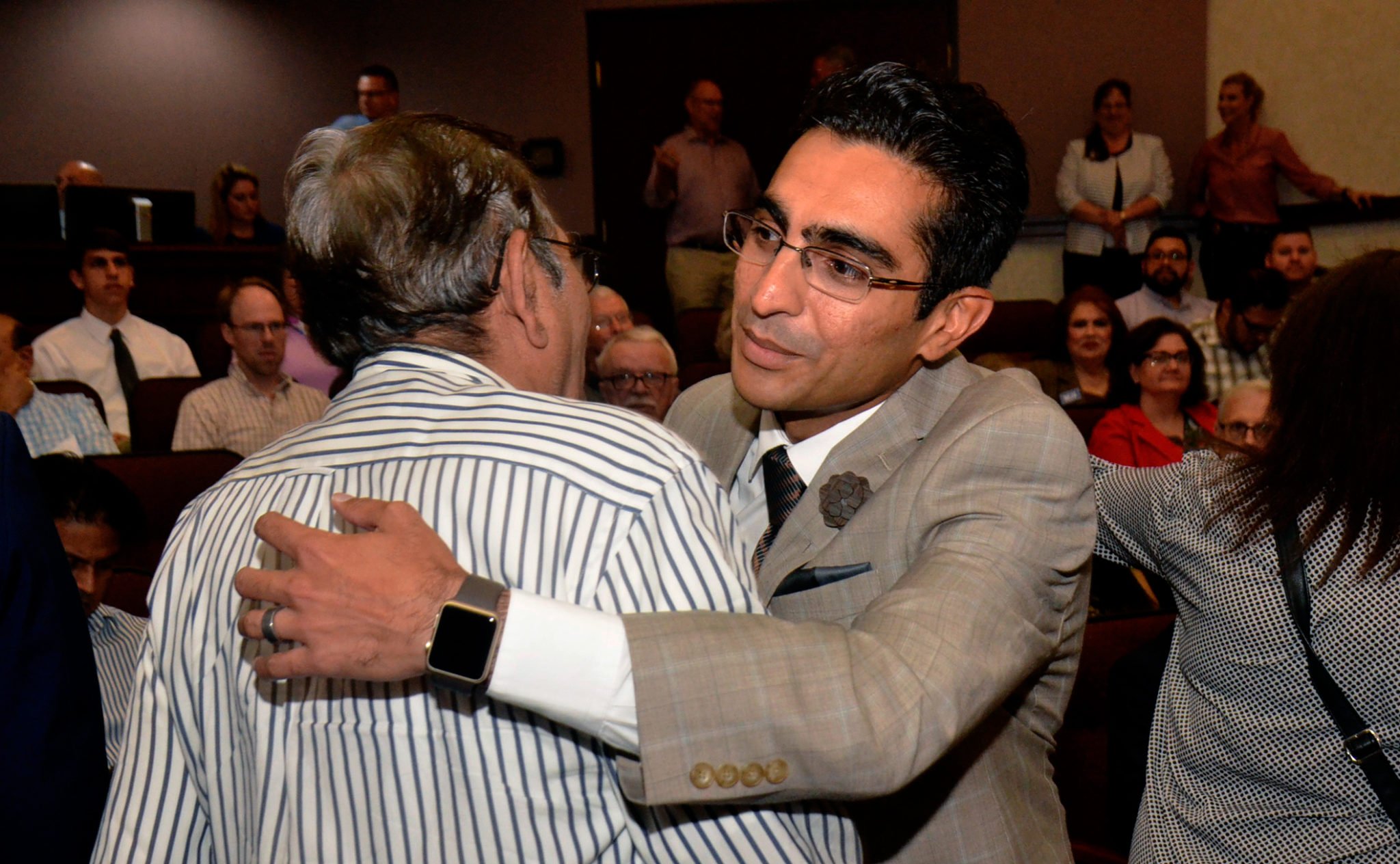
When Islamophobia Backfires
While Muslim-bashing is relatively common in Texas and other red states, two recent incidents from North Texas show that it’s not always political gold.
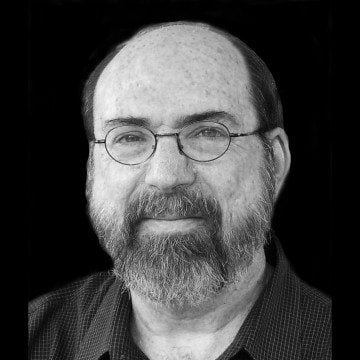
In Texas, Islamophobia has been a ticket to political success for some. Irving Mayor Beth Van Duyne was appointed to a position in the Trump administration after gaining national notoriety by fueling fears of creeping Sharia law in her Dallas suburb. Congressman Louie Gohmert, a Tyler Republican now running for his eighth term, has raised anti-Muslim paranoia to new heights, warning about “terror babies” and claiming that “radical Islamists” are being trained to “act like Hispanic[s]” to cross the border.
But two recent incidents in the North Texas cities of Euless and Plano show that, even in Trump’s America, Islamophobia can backfire under the right circumstances. In communities with growing, diverse populations, coalitions that work across religious and ethnic lines and organize on social media are more likely to mobilize pushback against Islamophobia.
That’s what seems to have happened last month, when Pakistani-born attorney Salman Bhojani became the first Muslim elected to the city council in Euless, a Fort Worth suburb of 50,000. But a right-wing opponent’s attempt to make his religion a wedge issue is what drew national attention to the race.
“EULESS RESIDENTS BEWARE,” state Representative Jonathan Stickland, R-Bedford, warned on Facebook two weeks before the election, endorsing Bhojani’s opponent. Calling Bhojani “a Muslim, a lawyer, and a lifelong Democrat,” Stickland said it was “thanks to” Bhojani that “the Koran was read for the first time at a city council meeting” — as if that were subversive. (In fact, it was apple-pie American: The Muslim Boy Scout troop that Bhojani leads presented the American flag and recited verses about respecting other faiths.)
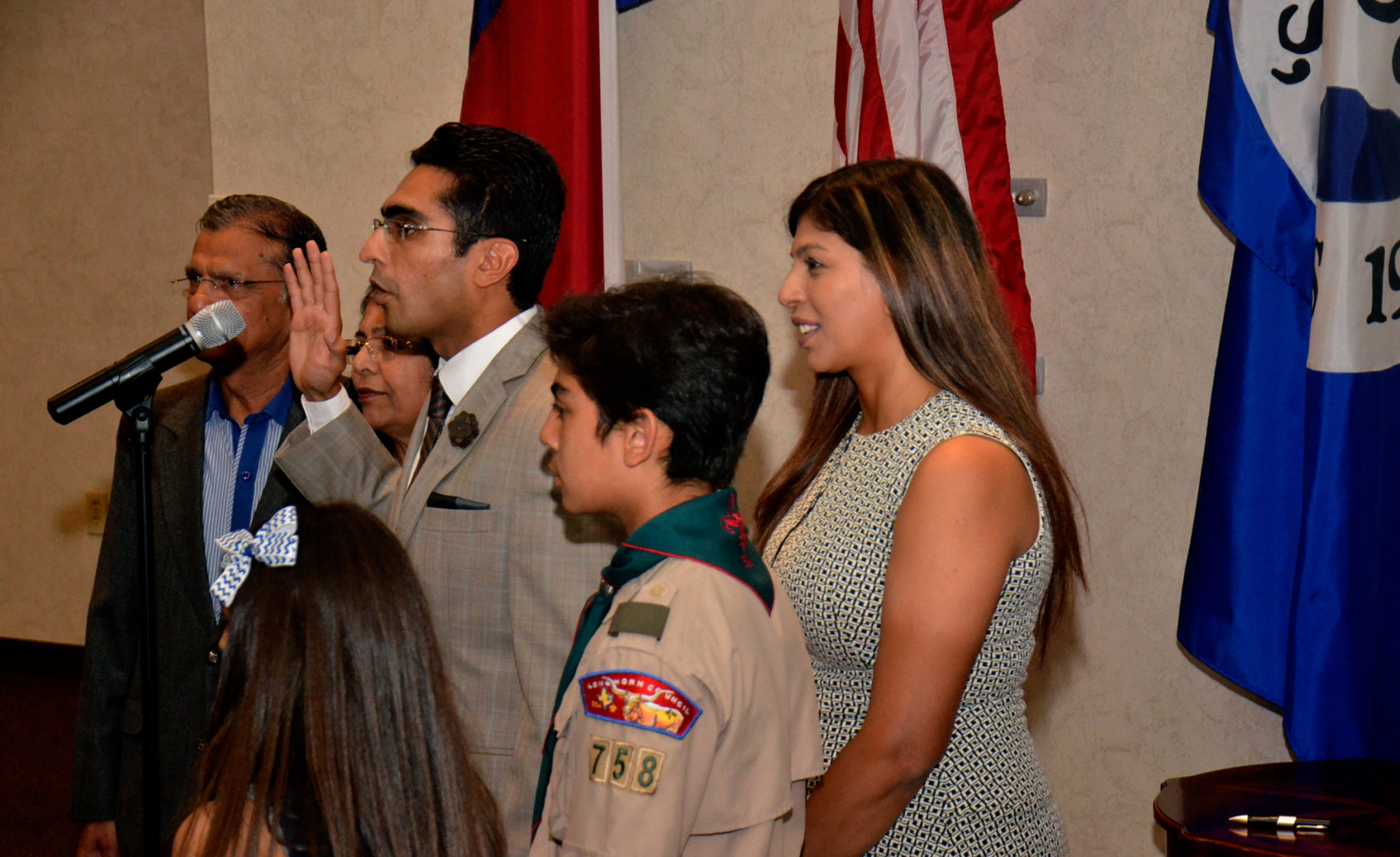
News of Stickland’s comments spread quickly in the local media, as well as on Facebook and Twitter. Not only were Muslims outraged, but so were Jewish and Christian clergy, who condemned “attacks on [Bhojani’s] faith and ethnicity.” In the end, Bhojani squeaked past his opponent, Molly Maddux, by 37 votes.
Key to Bhojani’s win was his ability to reach across ethnic and religious lines in a city that is majority white, but where 1 in 5 residents are foreign-born, mostly from Asia and Africa, which account for most Muslims worldwide. Unsurprisingly, Islamophobia is more prevalent among people who have little or no contact with Muslims.
How did Stickland’s comments affect the race? “It’s hard to say,” Bhojani told the Observer. “I’m sure they turned out some votes for my opponent. I also know they got me some votes; voters told me as much. What’s certain is that they earned Representative Stickland a lot of bad press. On the positive side, they also helped unite people … in opposition to religious bigotry.”
Similar dynamics are playing out in Plano, a half-hour east of Euless. While the Dallas suburb is also majority white, more than a quarter of its 286,000 residents are foreign born, mostly from Asia.
Islamophobia is “a relatively new word for a much older concept in American politics — fear of the other.”
As in Euless, the Plano story starts with a Facebook post. “Share if you think Trump should ban Islam in American schools,” read the post that Plano city council member Tom Harrison shared in February. The accompanying video showed female students wearing headscarves.
After learning that the 73-year-old Harrison had shared other inflammatory posts (one read: “In the 19th century, all slaveholders were Democrats. In the 21st century, all slaveholders are Muslims. Their allies are Democrats”), his fellow council members called for his resignation and voted to censure him. Harrison refused to step down, but did issue an online apology saying the February post “was not meant as a personal attack against the Islamic faith.”
Unpersuaded, a grassroots group called #OurPlanoOnePlano, connecting via a private Facebook group, organized a petition drive to force a recall election. One organizer, attorney Ann Bacchus, told the Observer that more than 200 volunteers collected nearly 4,500 signatures — well beyond the nearly 2,800 required. The city council voted on April 9 to hold a recall election, the first in Plano’s history, this November.
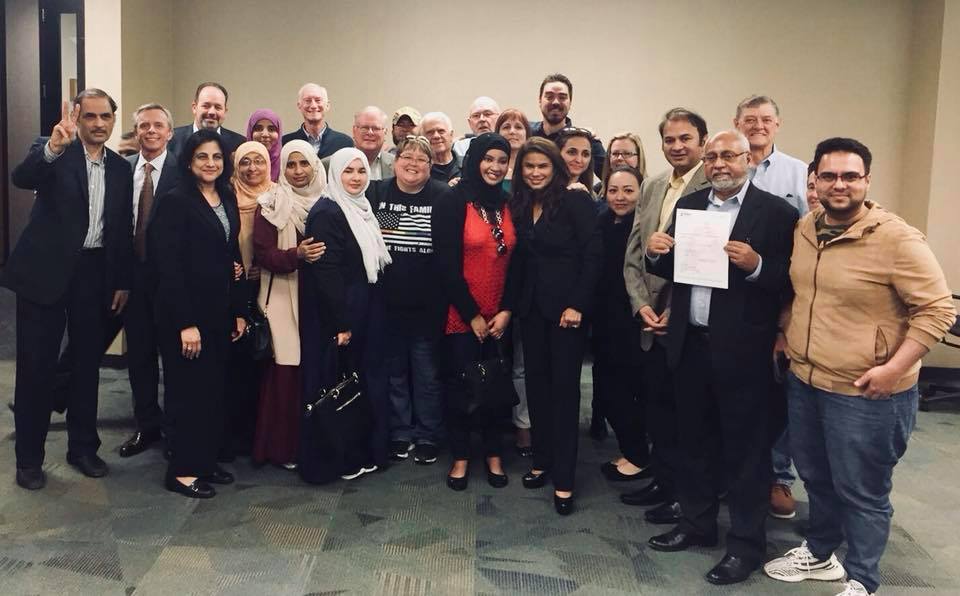
At a #OurPlanoOnePlano meeting in late April, I met a diverse group that included Hindus and Christians, as well as Muslims. Subir Purkayastha, a Hindu and naturalized U.S. citizen, said he joined the recall effort because “a politically motivated attack on one religion is an attack on all religions.”
Harrison has insisted that he’s not xenophobic. His spokesperson, Allan Samara, told the Observer that “numerous Plano Muslims … have extended a hand of friendship” to Harrison. Samara also said that the council member isn’t sure how the offensive posts appeared on his Facebook timeline and that it was possibly inadvertent. Whatever Harrison did or didn’t do, the fact that he claims Muslim support as a defense signals the growing influence of the city’s immigrant community.
Islamophobia is “a relatively new word … for a much older concept in American politics — fear of the other,” said Texas Christian University political scientist Emily Farris. And despite the positive news from Euless and Plano, Islamophobia still thrives in Texas, particularly in rural swaths with minimal religious and ethnic diversity.
Texas Agriculture Commissioner Sid Miller has often shared anti-Muslim posts. Six-term state Representative Dan Flynn, R-Canton, told constituents in 2014 that the British Parliament had given “Sharia principles” a place in British law; he also warned that America’s “Judeo Christian heritage … is under attack.”
There doesn’t seem to be a black-and-white answer to why Muslim-bashing is politically effective in some places and times and a liability in others. But demographics offer some clues. Muslims accounted for less than 2 percent of Texas’ 2010 population, and they’re concentrated in urban areas: two-thirds live in Greater Houston or the Dallas-Fort Worth area. Outside the major cities, Islamophobic politicians have little to fear from alienating Muslims — and potentially much to gain by playing to anti-Muslim and anti-immigrant sentiments in the Republican base.
“People are watching and paying more attention for racist posts and comments. People of all faiths have shown that they are determined to fight Islamophobes.”
In Dallas-Fort Worth, on the other hand, the Muslim population more than tripled between 2000 and 2010. Mosques — 73 in the DFW area — dot the cityscape, and it’s not unusual to see women wearing the hijab. That doesn’t mean that DFW is free of Islamophobia, of course, even in some multicultural communities. State Representative Jeff Leach, R-Plano, co-authored the anti-Sharia House Bill 45 last year, which drew vigorous criticism from the Muslim community.
But in typically low-turnout local elections, energized voters who rally around victims of religious attacks could be decisive. That happened in Irving’s 2016 city council elections, when anger over Van Duyne’s anti-Sharia campaign triggered a strong pro-Muslim showing at the polls.
Further, Bhojani and #OurPlanoOnePlano succeeded by reaching across religious and ethnic lines — in part by connecting through social media. That may reflect a broader trend. “[B]ecause of the threat from Trump and … the GOP-controlled Legislature, minorities are working much more closely together on so many issues,” said Aftab Siddiqui, a Democratic activist and president of the Dallas Peace & Justice Center.
“People are watching and paying more attention for … racist posts and comments,” said Euless Democratic Party committee member M. Emad Salem. “People of all faiths have shown that they are determined to fight Islamophobes.”
That’s certainly true in Plano and Euless. If local governments, not just states, are the laboratories of democracy, the preliminary lab results from these two Texas suburbs look promising.
